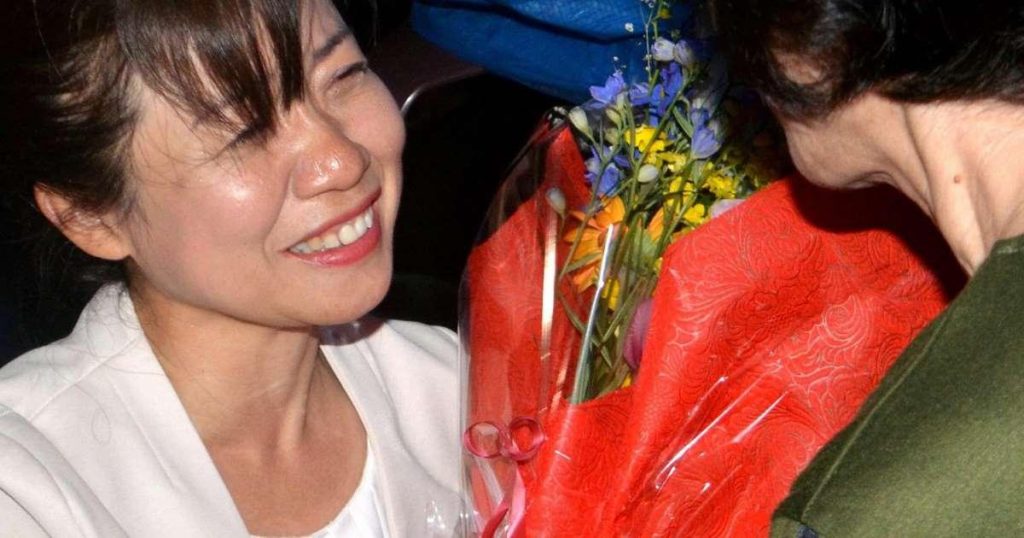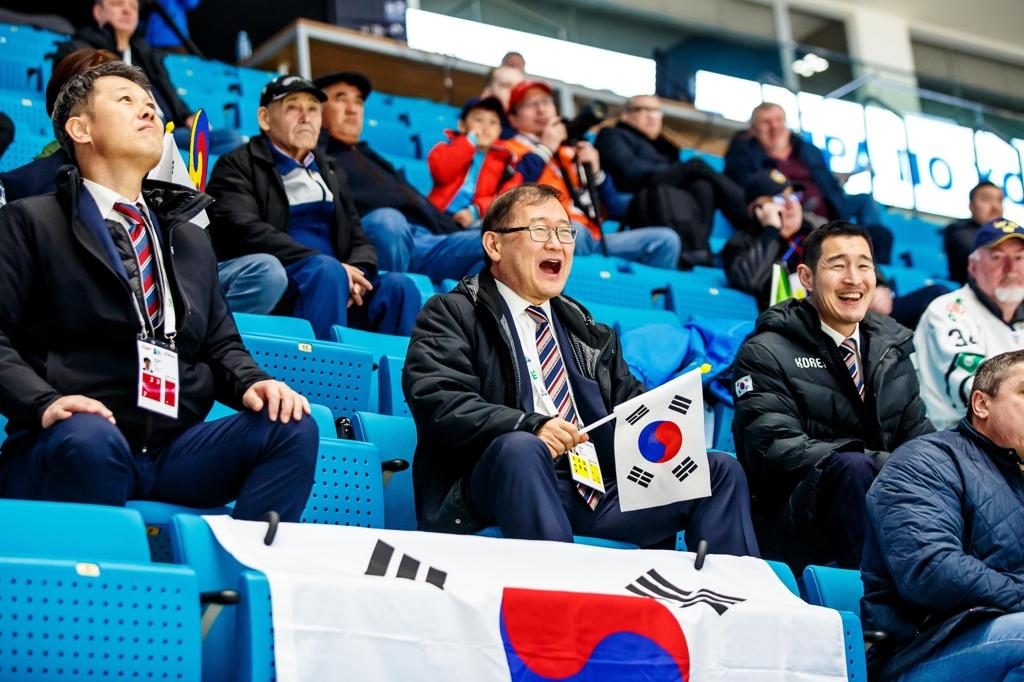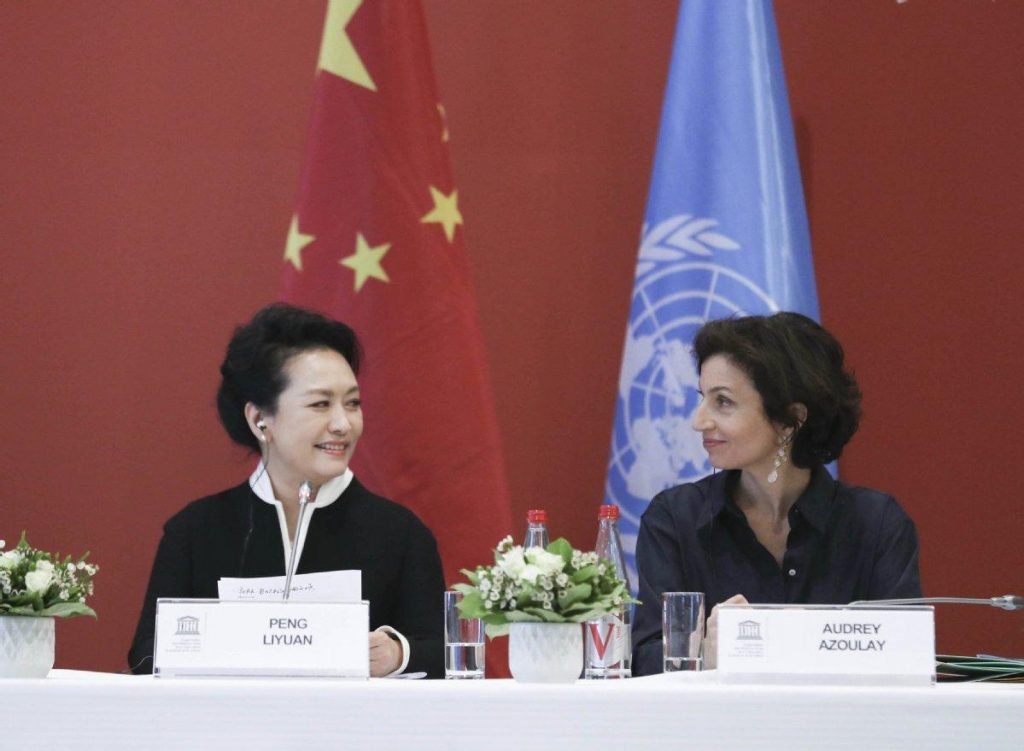The World Food Program (WFP) is working with the Bangladeshi government to lift rural women out of extreme poverty through a ground-breaking program. With an investment of 72 million U.S. dollars, the Bangladeshi government, with technical assistance from WFP, is set to reach 100,000 women with livelihood training, behavior change education, as well as food assistance, said the the food-assistance branch of the United Nations. The participants of the Investment Component for Vulnerable Group Development (ICVGD) program come from all 64 districts of the country, residing in remote areas that are prone to natural disasters, such as floods, tornadoes and cyclones. They face high poverty levels with low employment opportunities. “WFP applauds the government for its commitment towards empowering women and achieving food security in Bangladesh,” said Richard Ragan, WFP Representative and Country Director in Bangladesh. “Thanks to commitments like this, rural women will now have a chance to transform their lives…
Women in Japan Filed Petition Against “Compulsory Heels at Work”
Campaigners urge government to ban employers from forcing footwear on female staff A group of Japanese women have submitted a petition to the government to protest against what they say is a de facto requirement for female staff to wear high heels at work. The KuToo campaign – a play on words from the Japanese kutsu, meaning shoes, and kutsuu, meaning pain – was launched by the actor and freelance writer Yumi Ishikawa and quickly won support online. Campaigners said wearing high heels was considered to be near-obligatory when job hunting or working at many Japanese companies. Ishikawa told reporters after meeting labour ministry officials: “Today we submitted a petition calling for the introduction of laws banning employers from forcing women to wear heels as sexual discrimination or harassment.” The actor explained how a government official had told her she “was a woman and sympathetic to our petition … and…
Japanese City Gets Its First Ever Female Politician
Misuzu Ikeda becomes first assembly woman in Tarumizu as record numbers of women elected nationwide. Misuzu Ikeda has struck a rare blow for Japanese women in politics by becoming the first female candidate to be elected to the local assembly in the southern city of Tarumizu. Ikeda hugged supporters on Sunday night when she finished third out of 17 candidates for the 14-seat assembly in Tarumizu, which is officially recognised as a city despite its relatively small population of 15,000. Noting that she was the first assemblywoman in the city’s 61-year history, the former tax office employee promised to work towards a society “where residents feel cared about”, according to the Asahi Shimbun newspaper. The election also marked the first time a female candidate had stood for a Tarumizu seat for 20 years, and the first time two women had run for the legislature. The other candidate, Rieko Takahashi, did not win…
S. Korea Pledges Support for Asian Women’s Hockey League Involving Koreas
South Korea has offered its support for a proposed Asian women’s hockey league involving the two Koreas, China and Japan, officials here said Wednesday. The Korea Ice Hockey Association (KIHA) said its president, Chung Mong-won, met with International Ice Hockey Federation (IIHF) President Rene Fasel over the issue on the sidelines of the IIHF World Championship Division I Group A tournament in Nur-Sultan, Kazakhstan, last week. During their talks, Fasel told Chung of the IIHF’s plans to start a four-nation Asian league, with clubs from South Korea, North Korea, China and Japan competing against each other. The idea was first broached by China as it prepares to host the 2022 Winter Olympics in Beijing. According to the KIHA, Chung has agreed to throw his support behind the initiative since the Asian league would also benefit South Korean women’s hockey. “In terms of the talent pool, South Korea is the weakest link…
Singaporean Multi-National Land Transport Company Appoints Three Women Directors
ComfortDelGro Corp and its subsidiaries SBS Transit and Vicom have appointed three women on their boards, raising the group’s combined female board representation to at least 30 per cent – up from around 20 per cent. Ms Jessica Cheam, Ms Chua Mui Hoong and Ms Tan Poh Hong join a board that has long been male-dominated. ComfortDelGro said the three bring with them “diverse skills sets in the areas of sustainability, political and media relations, and food security and safety”. They replace two stalwarts who have retired from their respective boards after putting in a combined 32 years of service – Mr David Wong of ComfortDelGro and Mr Wee Siew Kim of SBS Transit. Group chairman Lim Jit Poh said: “We embarked on our board renewal process in 2017 with a clear view to bringing in greater expertise especially in disciplines that are new to the Group. We have also added more…
Peng: Nation Supports UN Efforts to Better Educate Women, Children
China will continue to support UNESCO in empowering more women and children to embrace a brighter future via platforms created by the development of the Belt and Road, said Peng Liyuan, wife of President Xi Jinping. Peng, UNESCO special envoy for the advancement of girls’ and women’s education, made the remark at a special session on girls’ and women’s education held at UNESCO headquarters in Paris on Tuesday. She was accompanying Xi on a state visit to France. Peng said promoting education of girls and women is a lofty cause that deserves attention, support and dedication from more people. After some laureates of the UNESCO Prize for Girls’ and Women’s Education gave brief remarks on their understanding and promotion of the undertaking, Peng said she appreciated the efforts made by the United Nations body and the prizewinners. In discussing her work in this field over the past five years, Peng…
New Generation of Women Step Up in Indonesia’s Looming Election
Indonesian voters have yet to directly elect a female president, but more high-profile women than ever are leading parties and running for office as the political ground shifts in the world’s third-largest democracy. Megawati Soekarnoputri, the daughter of Indonesia’s founder, chief of the country’s largest political party and former president (she was appointed), remains the most influential politician. Her move to veto President Joko Widodo’s first choice of a running mate underscored her stature as the kingmaker. There are also two of former dictator Suharto’s daughters and the daughter of former president Abdurrahman Wahid wielding considerable political clout in the world’s largest Muslim-majority nation. While incumbent Widodo is pitching for better representation of women in politics — he has eight females in his cabinet holding important ministries such as a finance and foreign — his challenger Prabowo Subianto says he believes more in output than tokenism. With women marginally outnumbering…






